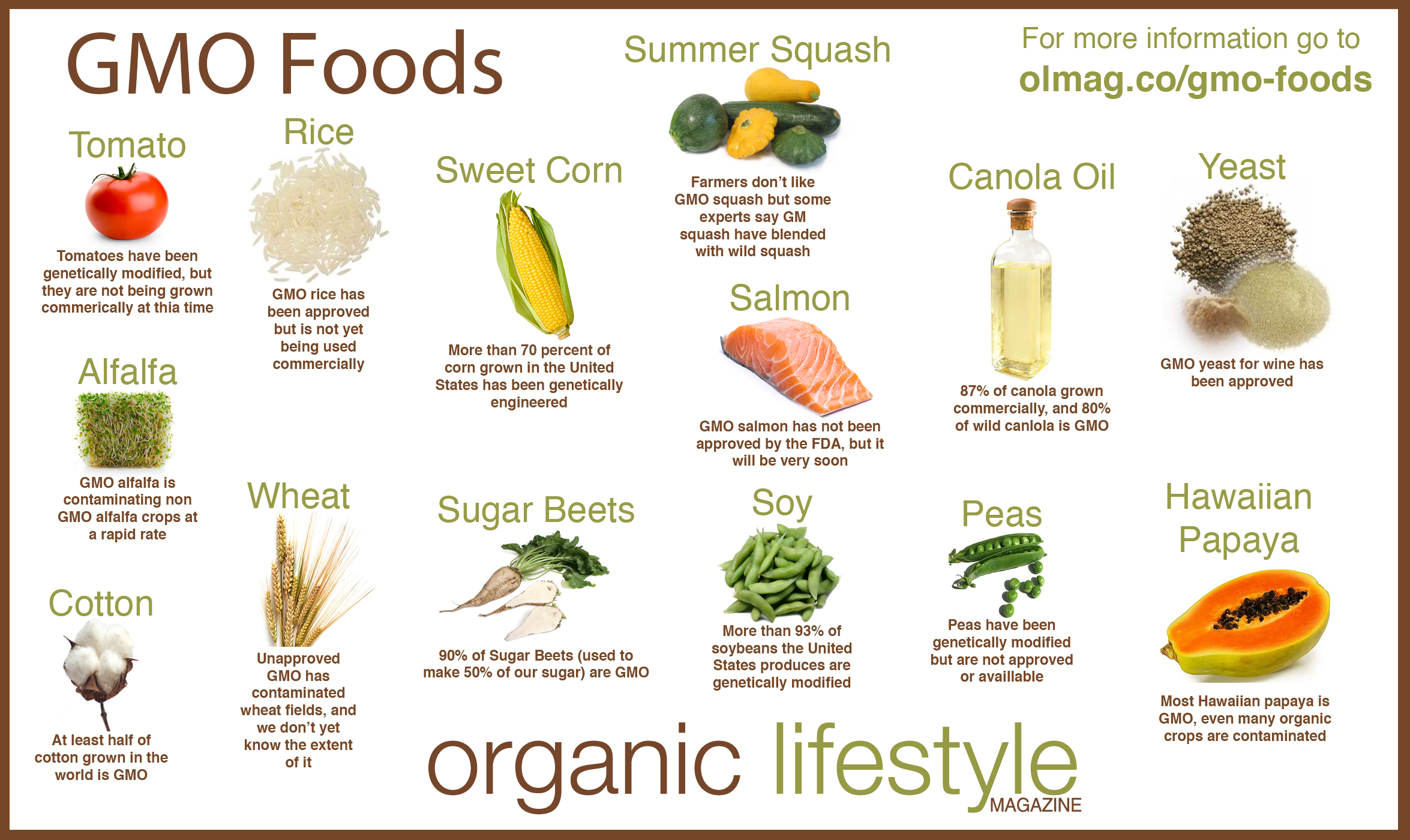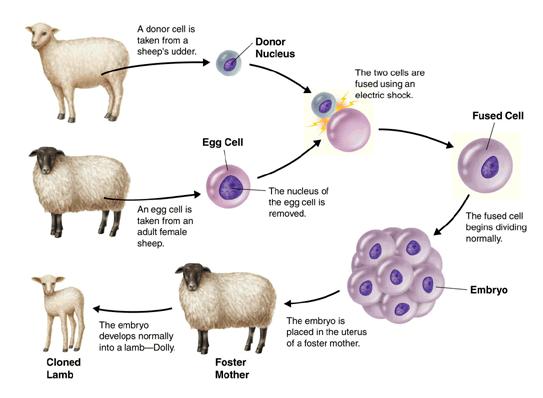The Human Genome Project was begun in October of 1990 and completed in June of 2000. It resulted in the determination of the nucleotide sequence of the human genome (3 billion nucleotides). Of course, this information does not mean we know what all of those nucleotides actually code for!! Work is now being carried out to determine the actual gene sequences, the function (if there is) of sequences that don't code genes and other such work. Many new possibilities for cures and treatments of different diseases are now on the horizon. Knowledge of a person's genome will give doctors advanced information about sensitivities to medicines, about tendencies towards certain diseases and the ability to diagnose genetically inherited diseases.
The work did indicate that humans have about 30-40 000 genes, which is much fewer than previously thought. Also, it appears that the human genome has several hundred genes that are similar to bacterial genes, but aren't found in other complex species. From this, it has been concluded that these genes are not the remains of an evolutionary process, but rather than they entered our genome directly from bacteria. One interesting fact is that the DNA of unrelated humans is 99.9% the same!!
Biotechnology and GMO's (genetically modified organisms) are common words in news articles these days. GMO's refer to organisms that contain genes that were inserted into their genome by researchers and give those organisms some kind of characteristic that is useful to humans. Some of the uses of biotechnology are well-accepted and considered harmless, while others create intense public outcry.
The use of microorganisms that have been genetically modified to produce antibiotics, insulin, vaccines, other medicines and industrial enzymes is widespread and has few opponents, as it is both economical and the modified organisms are contained within the confines of the laboratory or industry.
The use of GMO's is widespread in other areas as well. In many industries, such as food, textile, paper, chemical and mining industries, GMO's are used to help degrade environmentally damaging wastes, such as oils, plastics, and heavy metals. Once again, this is an area where their usefulness is mostly accepted.
The use of GMO's in agriculture has received the most criticism. The most common GMO crops include corn and soy, although others such as rice and potatoes also exist.
 |
 |
Usually the organisms are given some characteristics that make them more economical for the farmers to produce them. Perhaps they grow more quickly, have higher nutrient values or are more drought tolerant. One of the most criticized of the GMO's are Monsanto's Round-up resistant crops. Round-up is a herbicide that generally kills all plants. In GMO's that contain a Round-up resistance gene, the crops can be sprayed with Round-up, killing all the weeds that surround the crop plant, but not harming the crop and allowing it to grow without competition. Of course, this results in better harvests for the farmers and less hassle with weeding. In this case though, one of the biggest concerns is that people and animals who consume these crops are potentially getting high doses of herbicide in their diet and the effects of the herbicide on humans and animals is not truly known, although there are studies that suggest links with cancer.
Cloning is the production of an individual that is identical to the 'parent'. In multicellular organisms, this is acheived by inserting the nucleus of a somatic cell from the parent into an ovum that has had its nucleus removed. Growth of the cell then requires the use of hormones and cell division factors.
 |
As we learn more and more about the genetics of disease and different conditions, genetic counselling has become increasingly widespread in families where the risk of inheritable conditions is high. Genetic counsellors help the couple to make decisions about whether or not to attempt a pregnancy, or even end a pregnancy, based on the genetic information that they have available. While some conditions may be treated in utero (during the pregnancy) through special diets or surgery, most cannot yet.
Epigenetics is a newer area of research within genetics. It looks at how different factors affect which genes are turned on and which are turned off. (For a quick verbal explanation, go here.) In other words, why the phenotype is different even though the genotype is the same. Just think, your skin cells contain exactly the same DNA as your muscle cells, yet they look and behave differently. This is the result of some genes being active in one type of cell, but not in the other. Genes can be inactivated if they are bound to methyl groups or non-coding RNA or if the segment of DNA on which they are coded is tightly wrapped around histone proteins. The activation or inactivation of genes is to a certain extent programmed in the cell, but it is also highly affected by external, environmental cues. Aging is one of them, but there are many others, from what you eat, to what chemicals you are exposed to, and in some organisms, even the temperature of the air around them has epigenetic effects. In fact, environmental factors that affected your grandmother while she was pregnant with your mom or dad, may have methylated some of the growing embryo's genes and those methyl groups are still present in your DNA and can affect your development or health!! Cancer was the first disease to be associated with epigenetics, where changes in methylation can either activate oncogenes (cancer-causing genes) or inactivate tumor suppressor genes. It has since been found that epigenetics plays a role in autoimmune diseases, as well as a number of neuro/psychological diseases, like autism and schizophrenia. Just a final comment: sugar is known to affect methylation and is thought to increase cancer risk, while the opposite is true of broccoli and tumeric.... Just a thought.
Epigenetics is a newer area of research within genetics. It looks at how different factors affect which genes are turned on and which are turned off. (For a quick verbal explanation, go here.) In other words, why the phenotype is different even though the genotype is the same. Just think, your skin cells contain exactly the same DNA as your muscle cells, yet they look and behave differently. This is the result of some genes being active in one type of cell, but not in the other. Genes can be inactivated if they are bound to methyl groups or non-coding RNA or if the segment of DNA on which they are coded is tightly wrapped around histone proteins. The activation or inactivation of genes is to a certain extent programmed in the cell, but it is also highly affected by external, environmental cues. Aging is one of them, but there are many others, from what you eat, to what chemicals you are exposed to, and in some organisms, even the temperature of the air around them has epigenetic effects. In fact, environmental factors that affected your grandmother while she was pregnant with your mom or dad, may have methylated some of the growing embryo's genes and those methyl groups are still present in your DNA and can affect your development or health!! Cancer was the first disease to be associated with epigenetics, where changes in methylation can either activate oncogenes (cancer-causing genes) or inactivate tumor suppressor genes. It has since been found that epigenetics plays a role in autoimmune diseases, as well as a number of neuro/psychological diseases, like autism and schizophrenia. Just a final comment: sugar is known to affect methylation and is thought to increase cancer risk, while the opposite is true of broccoli and tumeric.... Just a thought.
The use of genetic information, or perhaps more importantly, its misuse, is an area of much ethical debate, which is the feild of bioethics. As research and progress continues, humans will be faced with a steady stream of ethical decisions that will need to be broached and slowly, both the law and politicians are tackling these problems.
Harrah's Cherokee Casino & Hotel - MapYRO
ReplyDeleteHarrah's Cherokee Casino & 여수 출장샵 Hotel is a hotel and casino 제주도 출장안마 located in 거제 출장안마 Murphy, North 세종특별자치 출장샵 Carolina, in Murphy, North Carolina. The casino has 문경 출장마사지 656 rooms